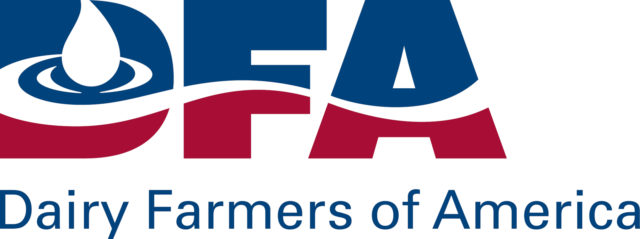Wisconsin farm groups, including the Wisconsin Farm Bureau Federation and the Dairy Business Association, say laws should be amended so that farms could legally employ foreign workers year-round. A University of Wisconsin – Madison study found that more than 40 percent of the employees on Wisconsin dairy farms were immigrants. The study also said that experts believe roughly 50 percent of immigrant workers in U.S. agriculture lack legal authorization to work here.
"It's not a surprise to any of us that some of the workers on dairy farms today are not legal. It's an uncomfortable situation for both them and their employers," Jim Holte, president of Wisconsin Farm Bureau Federation, said in an interview.
Unlike migrant workers who can obtain a work permit for seasonal agricultural jobs, foreign workers on dairy farms can't get the H-2A visa because their jobs are year-round rather than temporary.
The workers and farms are in "a real conundrum" and need changes in the laws, said Erich Straub, a Milwaukee lawyer who specializes in immigration law cases.
"It's not just a humanitarian issue," Straub was quoted as saying in an article in the Milwaukee-Wisconsin Sentinel Journal. "It's an economic issue for Wisconsin dairy producers and agriculture across the country."
Punitive or unworkable labor policies may appear to help American-born workers, but without access to immigrant workers the entire dairy industry is in peril, according to the National Milk Producers Federation.
"The impact of a lack of immigration reform over the years has created a lot of anxiety and uncertainty at the farm level." said Jerry Kozak, NMPF president, adding that the lack of reform affects both small and large dairy farms.
For that reason, NMPF has joined a broad cross-section of organizations representing agricultural employers in a collective effort to reform federal immigration policies. It is one of the founding members of the Agriculture Workforce Coalition.
Click here to read Progressive Dairyman's 3 Open Minutes article, a Q&A with representatives of two AWC members, including NMPF.
AWC’s goal is to seek legislation that ensures America’s farms, ranches and other agricultural operations have access to a stable and skilled workforce.
Under the coalition's proposals, immigrant workers could get an 11-month visa with employers registered with the USDA. They would then be required to return to their home country for 30 days. There would be no limit on the number of times people could obtain the 11-month visa, and they could move from employer to employer without any contractual commitment.
Contract employees could commit to work for an employer for a fixed period on a 12-month visa that's renewable indefinitely. They would have to return to their home country for at least 30 days over a three-year period.
Experienced but unauthorized agricultural workers now in the U.S. could obtain permanent legal status and the right to work in whatever industries they choose under the proposed changes. To achieve that, they would have to work for a number of days annually in agriculture for several years.
The proposed changes are aimed at giving the dairy industry, and other farm businesses, a reliable year-round workforce that's not under the threat of deportation.
Even when Wisconsin has a high unemployment rate, there's a shortage of people applying for jobs at dairy farms, said Laurie Fischer, executive director of the Dairy Business Association, based in Green Bay.
After a printing plant in Waterloo closed and left hundreds of people out of work, only a couple of them applied for jobs at nearby Crave Brothers Dairy Farm.
A separate study, by Texas A&M University, showed that farms using immigrant labor supply more than three-fifths of the nation's milk. PD
—Compiled from NMPF news release and a Milwaukee-Wisconsin Sentinel Journal article (Click here to read the full article.)




